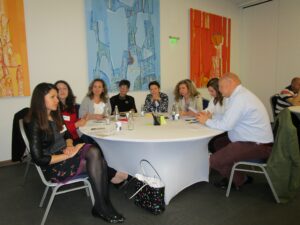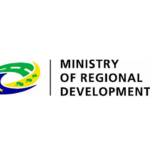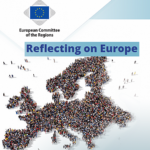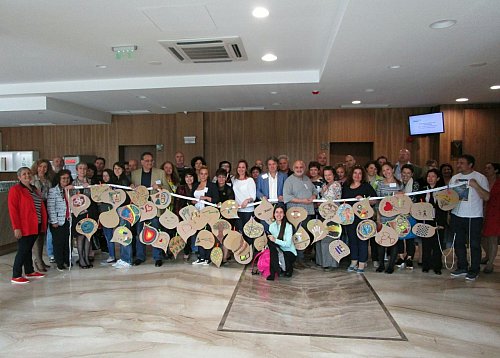THE ART OF COOPERATION – 2ND NATIONAL PARTICIPATION DAY IN BULGARIA
The second National Participation Day in Bulgaria took place in Sofia on the 16th and 17th of May 2017. After a successful launch of the first Bulgarian Participation Day in 2016, the Citizen Participation Forum now organised another meeting in cooperation with Priority Area 10 “Institutional Capacities & Cooperation” and the Danube Civil Society Forum under the motto “The Art of Cooperation”.
Iva Taralezhkova from the Citizen Participation Forum opened the two-days event that aims at exploring various possibilities of collaboration in the Danube Region.
In her keynote speech, Daniela Urschitz from Priority Area 10 “Institutional Capacities & Cooperation” welcomed the Bulgarian endeavour of bringing stakeholders together and organising a Participation Day as “they are often the starting point for sustainable cooperation between stakeholders from Civil Society Organisations and public bodies or even the political level.”
Furthermore, she highlighted the importance of involving civil society organisations and local actors in decision-making and policy implementation for regional development. This is also reinforced by the European Council: “For the first time, the EU Council conclusions on MRS are also speaking of the necessity for participatory governance and cooperation with Civil Society and Local Actors in the MRS, if their implementation is to be successful.” Against this background, Priority Area 10 “Institutional Capacities & Cooperation” announced the presentation of the Agenda for Participation that was drafted by Priority Area 10 “Institutional Capacities & Cooperation”, representatives from the EU Strategy for the Baltic Sea Region, Interact, the Danube Civil Society Forum and further representatives from civil society in the macro-regional strategies. The Agenda will be introduced at the DanubeParticipation Day in  Budapest on the 17th of October and serves as a basis to strengthen cooperation of civil society and local actors for macro-regional development.
Budapest on the 17th of October and serves as a basis to strengthen cooperation of civil society and local actors for macro-regional development.
Angela Rodel, Bulgarian-American Commission for Educational Exchange Fulbright, led the session on “Networks and values”. In an interactive exercise, the participants dealt with the question “What connects us?”
NETWORKS & COALITIONS: IMPACT, APPROACHES, AND CHALLENGES
After the introductory session, six networks were presented. The networks – Teach for Bulgaria, Tuk Tam, European Citizen Action Service, Danube Civil Society Forum, National Youth Forum, Multi Kulti Collective – showcased good practices and ways how cooperation can be established.
 The networks ranged from formal to informal structures, from sectoral to multi-sectoral approaches and from national to European cooperation.
The networks ranged from formal to informal structures, from sectoral to multi-sectoral approaches and from national to European cooperation.
In light of the different approaches of cooperation, the participants also discussed challenges for networking and cooperating as well as exploring similarities and identifying common goals and values.




